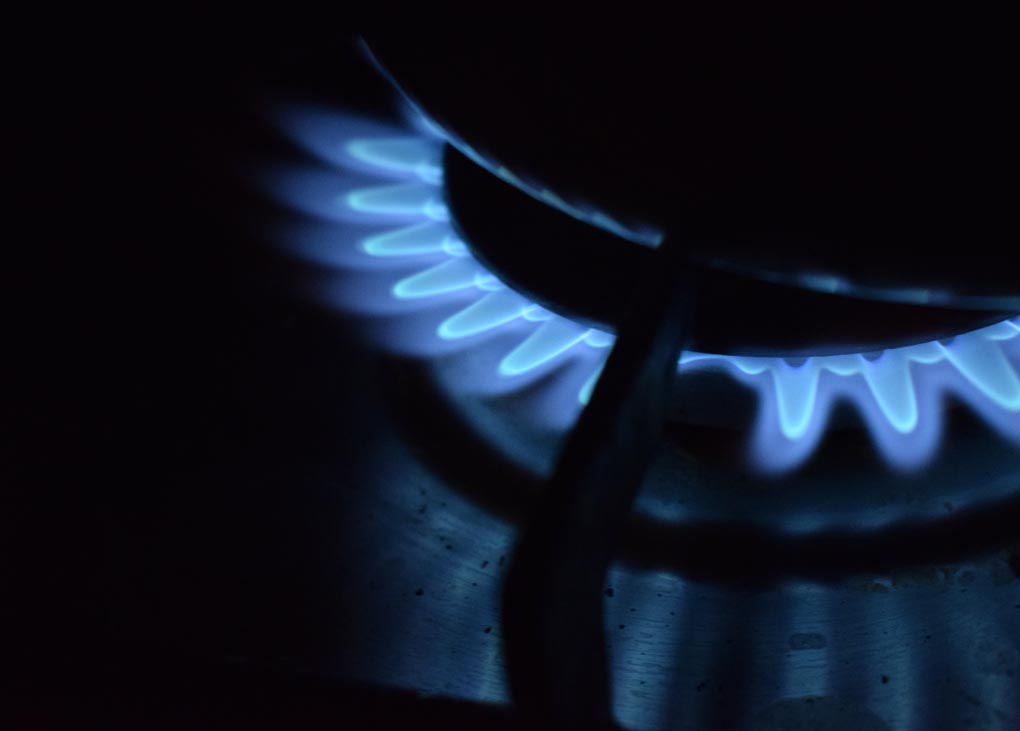The Victorian government has added major momentum to the electrification movement with the announcement that it is banning gas connections to new homes from next year.
New homes and residential subdivisions that require a planning permit cannot connect to the gas network from January 2024.
This will apply to new planning permit applications submitted from January 2024 for new dwellings in both greenfield and infill sites, and apartments, as well as all new public and social housing delivered by Homes Victoria. All new government buildings will also be all-electric, including new schools and hospitals.
An accelerated roadmap
The decision represents a leap forward in Victoria’s Gas Substitution Roadmap, originally released in 2022 and slated for review this year. It follows the ACT’s decision to ban gas, with new home and business connections expected to stop later this year under the Climate Change and Greenhouse Gas Reduction (Natural Gas Transition) Amendment Bill.
Victoria has the highest use of residential gas in Australia, with around 80 per cent of homes connected. The gas sector contributes about 17 per cent of the state’s emissions, and the move to electric systems is a key element of meeting Victoria’s emissions reduction targets of 75–80 per cent by 2035 and net zero by 2045.
The government says that the move is a response to sharp rises in gas prices, and uncertainty around supply. It has highlighted the savings available to households that move from gas to electric – around $1,000 per year, or up to $2,200 for households that also have solar installed.
The initiative is supported by a new $10 million Residential Electrification Grants program. This will provide grants to volume home builders, developers and others to provide bulk rebates for solar panels, solar hot water and heat pumps to new home buyers up front.
On top of this, the government announced $1 million in training for the construction industry, and a $3 million package including free training for 1,000 plumbers and apprentices to design and install energy efficient heat pumps and solar hot water systems, and free training for 400 electricians and fourth-year apprentices to safely design and install rooftop solar and home battery systems.
The government says it will work closely with industry including gas appliance manufacturers, the building and construction sector, local government, trade unions and consumer organisations to manage business, workforce and consumer impacts and support the sector in the transition.
Igniting debate
Various industry bodies from the building and construction sector have applauded the move, including the Energy Efficiency Council (EEC).
“All-electric homes are all-good for Victorian families,” says CEO Luke Menzel. “They are cheaper to run, healthier to live in, and help lower emissions.”
“With interest rates sky high, if used to help pay off your home loan, these bill savings from going all-electric could slash two years off an average 25-year mortgage in Melbourne.”
“Given the upfront costs of building an all-electric home are comparable to building a home with a gas connection, that makes going all-electric a no brainer.”
But stakeholders from the plumbing sector in particular have voices their disappointment at the move.
“For the government to drop an announcement like this without any substantive consultation is disappointing but unfortunately not surprising given previous changes to regulation of the industry which proved to be unworkable,” says Master Plumbers CEO Peter Daly.
Daly says the commitment from the government to training is welcomed, but falls far short.
“The promise of only $1 million in new funding to assist the entire construction industry deliver what the government has promised in this announcement is completely unrealistic,” he says. “We want to work with government on the clean energy transition, but it needs to work on its engagement with industry.”
Photo by Ilse Driessen on Unsplash
 Mark Vender
Mark Vender


Leave a Reply